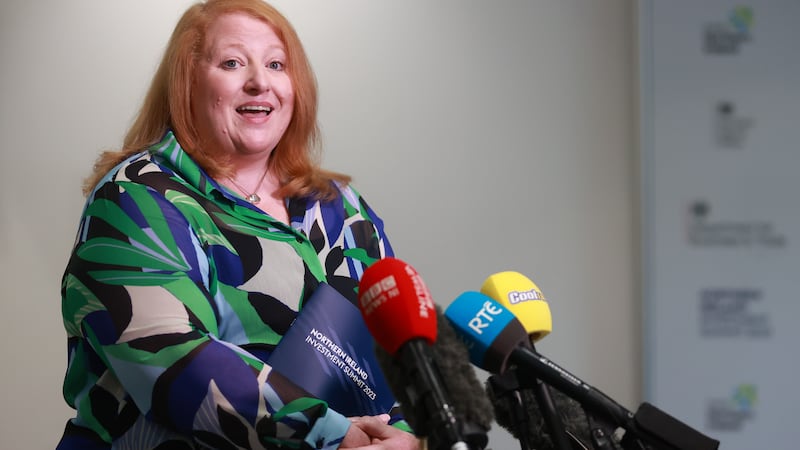THE UK's independent data protection regulator last night said it would "be making enquiries" into reports about Sinn Féin's internal database.
The Information Commissioner’s Office (ICO) told the Irish News it was "aware" of reports relating to the database used by the party.
It comes after it was revealed that Sinn Féin's internal database Abú allegedly gave party members access to a information which included names, addresses and predicted voting intentions of millions of voters.
The Republic's Data Protection Commissioner (DPC) has already sought information about how the party uses its database and information collected from social media.
Commissioner Helen Dixon wrote to Sinn Féin seeking confirmation about its Abu system and whether it is GDPR compliant.
It remains unclear if the database extends to Northern Ireland.
For days Sinn Féin has not responded to queries about whether its database also holds information about voters in Northern Ireland's elections.
But the ICO, whose role is to "uphold information rights in the public interest" in the UK, has revealed it would be looking into the reports.
An ICO spokesperson last night said: "We are aware of reports regarding a database operated by Sinn Féin and we will be making enquiries.
"Advice on the use of personal information by political parties, including the use of profiling techniques, is available on our website."
On Monday, Sinn Féin TD Eoin Ó Broin said its system of using public information about voters is "fully compliant" with the law.
He denied it is "microtargeting" people using data collected from Facebook and the electoral register.
"What we do with the electoral register is what any professional party does, we use the register to target our voters, and to ensure we get our vote out on election day - that is legally permissible under the Data Protection Act," he said.
"We've responded to the Data Protection Commissioner, and if she has any concerns or if she has any suggested improvements to our system, of course we'll be glad to take those on board.
"We have to comply with the law and we believe we are fully compliant with the law, and the Data Protection Commissioner has asked us a series of questions and we've answered those.
"Then we'll all listen very carefully to what she has to say.
"I'm sure we'd be willing to share that with (the media) so you can have full sight of that."






